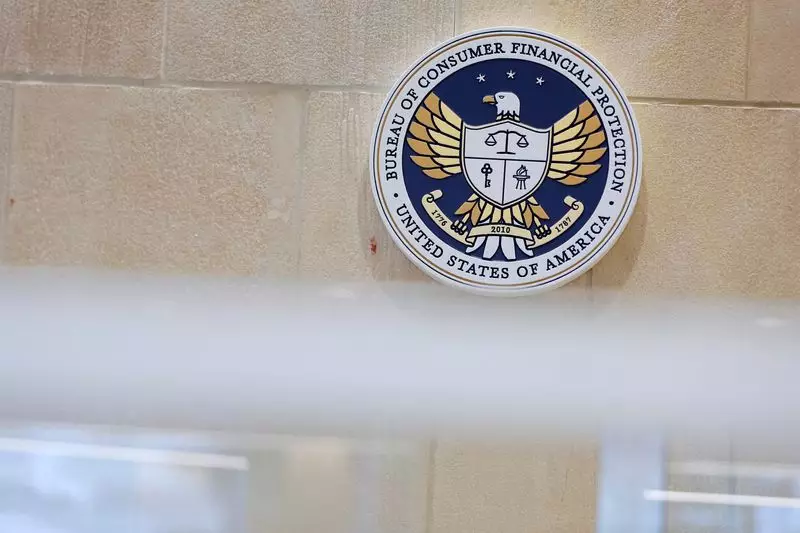In a recent development, a federal judge in Texas has decided to transfer a lawsuit challenging a rule that aims to curb credit card late fees to a court in Washington, D.C. This move comes amid a growing trend of conservative challenges to policies implemented by the Biden administration. U.S. District Judge Mark Pittman made the decision based on several factors, including the location of the majority of the businesses involved in the lawsuit, as well as the lawyers representing them.
The lawsuit, filed by the U.S. Chamber of Commerce and five other groups, seeks to block a rule set to take effect in May, which limits the amount of late fees credit card issuers can charge. The Consumer Financial Protection Bureau (CFPB), which drafted the rule, advocated for the case to be transferred to Washington, D.C. due to the absence of any card issuer subject to the rule in Fort Worth. However, the Chamber of Commerce argued that affected cardholders reside in Fort Worth and, therefore, the case should be heard there.
Judge Pittman, appointed by former President Donald Trump, ultimately decided to transfer the case to Washington, D.C., citing the importance of filing lawsuits in the locations where the underlying events occurred. This decision has sparked controversy, with the groups involved in the lawsuit seeking an expedited review by the 5th U.S. Circuit Court of Appeals. The rule in question addresses what the CFPB considers to be “excessive” fees charged by credit card issuers for late payments, amounting to an estimated $12 billion per year.
The Fort Worth courthouse, where the lawsuit was initially filed, has become a focal point for conservative litigants and business groups challenging the policies of the current administration. Judge Pittman’s ruling highlights the ongoing battle between conflicting ideologies and the role of the judiciary in resolving such disputes. The decision to transfer the case to Washington, D.C., raises questions about the impact of jurisdictional considerations on legal challenges to government policies.
As the legal battle over credit card late fees continues to unfold, the transfer of the lawsuit to Washington, D.C. exemplifies the complexities and intricacies of navigating the legal system. The clash of interests between different stakeholders underscores the need for impartial and fair judicial decisions. The outcome of this case will not only impact the financial landscape but also set a precedent for future legal challenges to regulatory policies. In a time of heightened political tensions, the courts play a crucial role in upholding the rule of law and ensuring justice for all parties involved.

